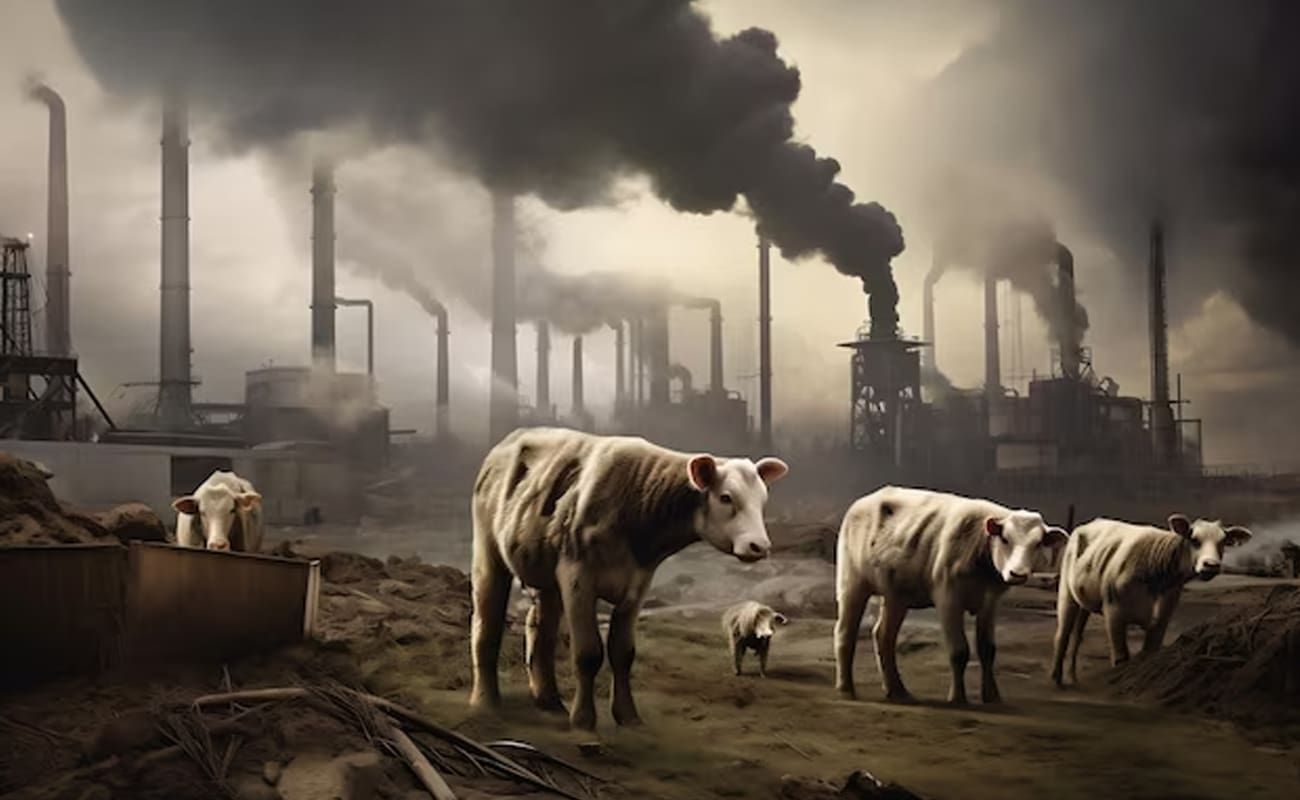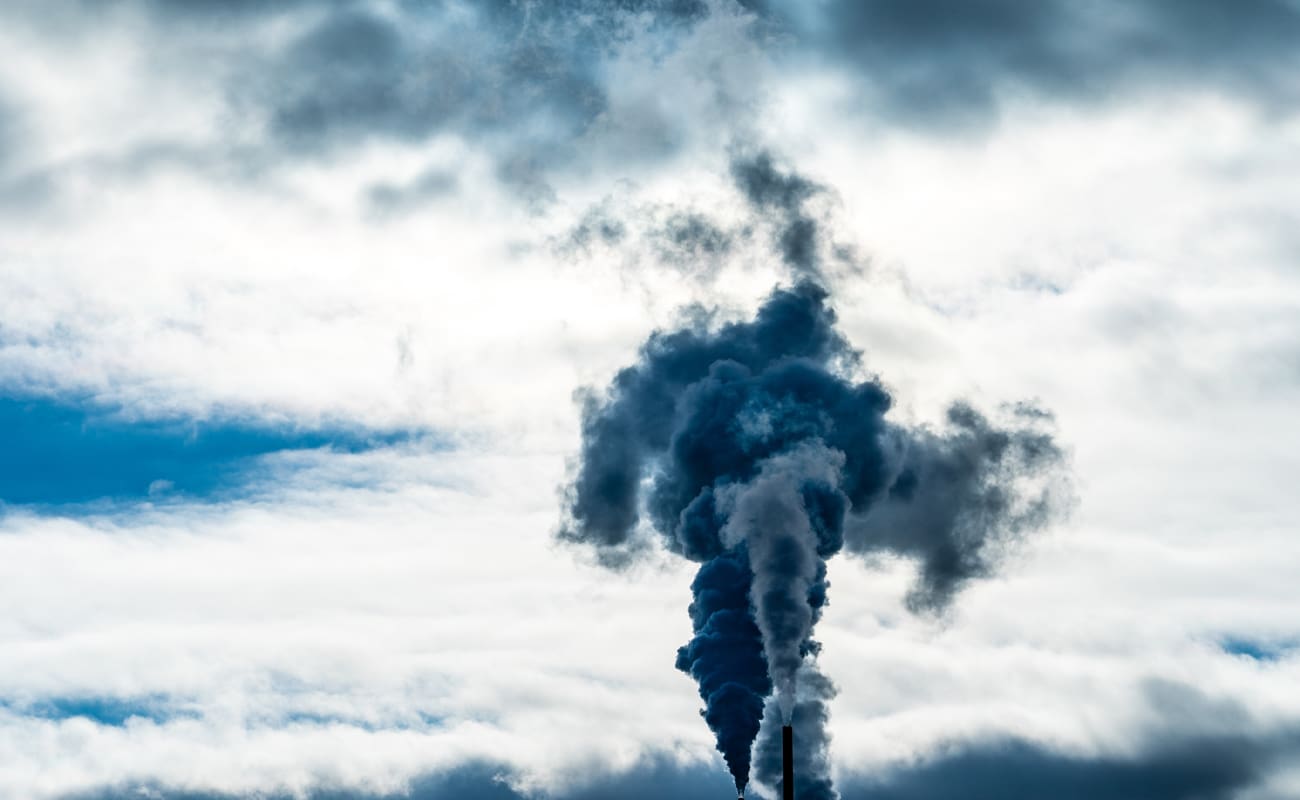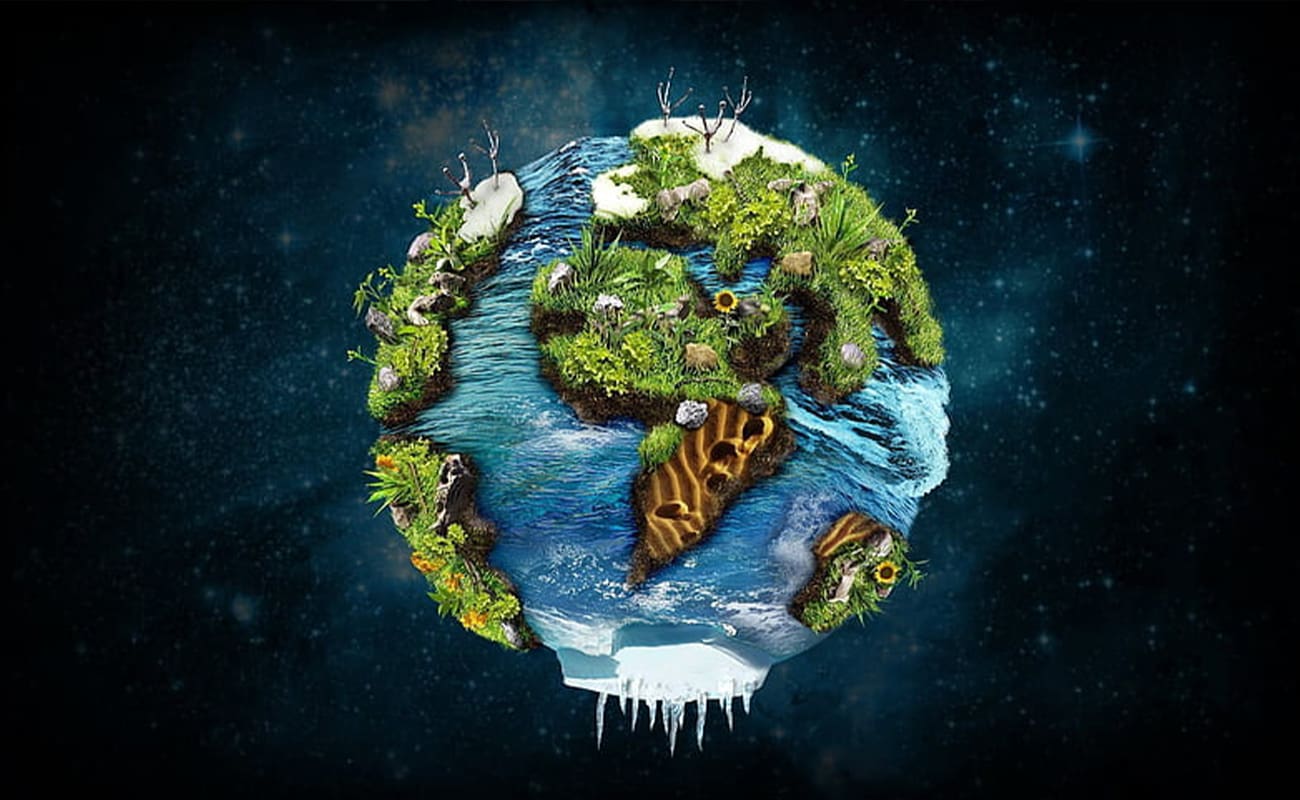The food choices we make every day have profound consequences for the planet. Diets high in animal products—such as meat, dairy, and eggs—are among the leading drivers of environmental degradation, contributing to greenhouse gas emissions, deforestation, water scarcity, and pollution. Industrial livestock farming requires vast amounts of land, water, and energy, making it one of the most resource-intensive systems on Earth. In contrast, plant-based diets typically demand fewer natural resources and produce a significantly lower environmental footprint.
The environmental impact of diets goes beyond climate change. Intensive animal agriculture accelerates biodiversity loss by converting forests, wetlands, and grasslands into monoculture feed crops, while also contaminating soil and waterways with fertilizers, pesticides, and animal waste. These destructive practices not only disrupt delicate ecosystems but also threaten food security by undermining the resilience of natural resources needed for future generations.
By examining the connection between what we eat and its ecological toll, this category highlights the urgent need to rethink global food systems. It underscores how transitioning to more sustainable dietary patterns—favoring plant-based, regional, and minimally processed foods—can mitigate environmental damage while also promoting human health. Ultimately, changing diets is not only a personal choice but also a powerful act of environmental responsibility.
Reducing meat intake has become a hot topic in the fight against climate change and environmental degradation. Many experts argue that it is more effective in mitigating the environmental impact of agriculture than reforestation efforts. In this post, we will explore the reasons behind this claim and delve into the various ways in which reducing meat consumption can contribute to a more sustainable and ethical food system. The Environmental Impact of Meat Production Meat production has a significant environmental impact, contributing to deforestation, water pollution, and biodiversity loss. Livestock agriculture is responsible for approximately 14.5% of global greenhouse gas emissions, more than the entire transportation sector. Reducing meat intake can help conserve water resources, as it takes a large amount of water to produce meat compared to plant-based foods. By reducing meat consumption, we can mitigate the environmental impact of agriculture and work towards a more sustainable food system. The …


























































